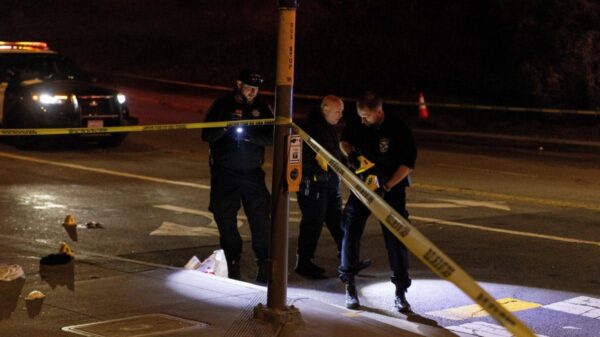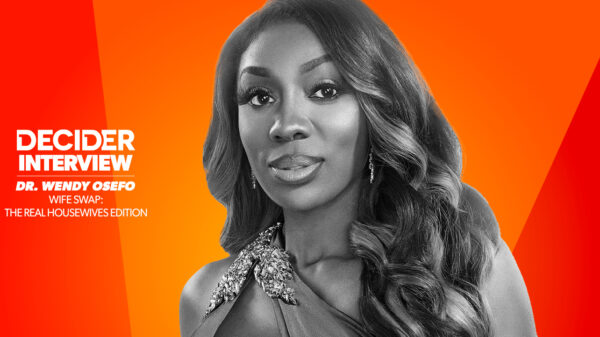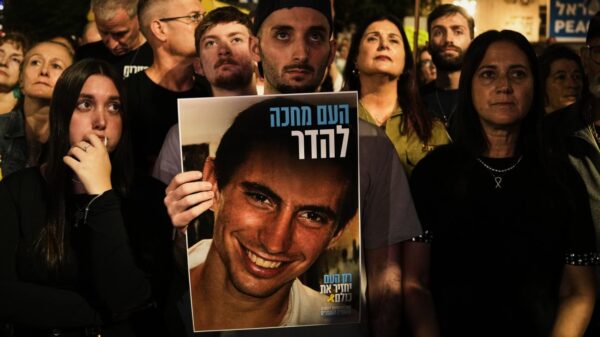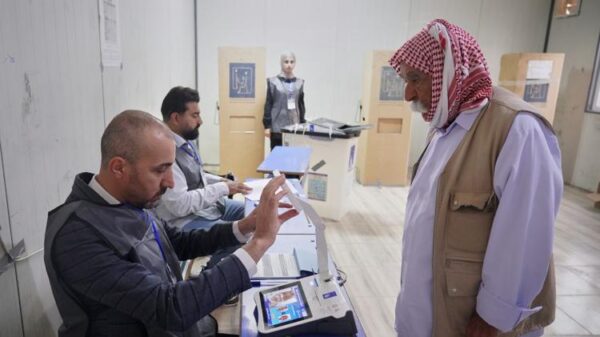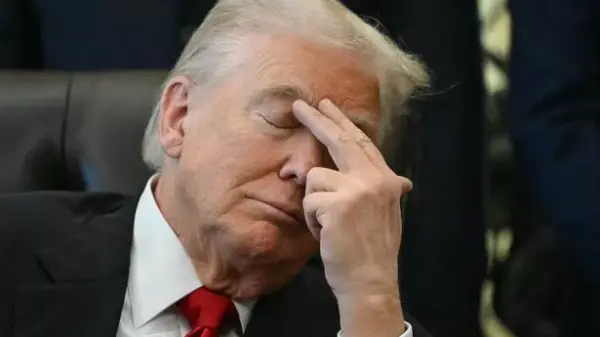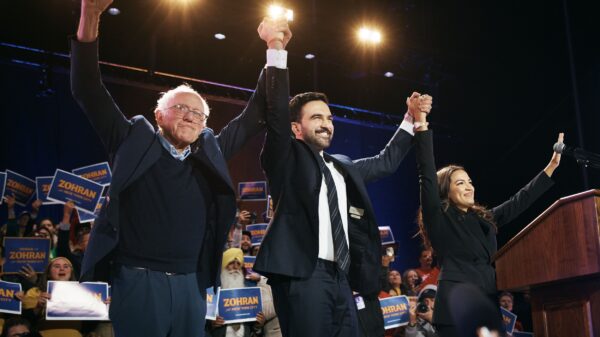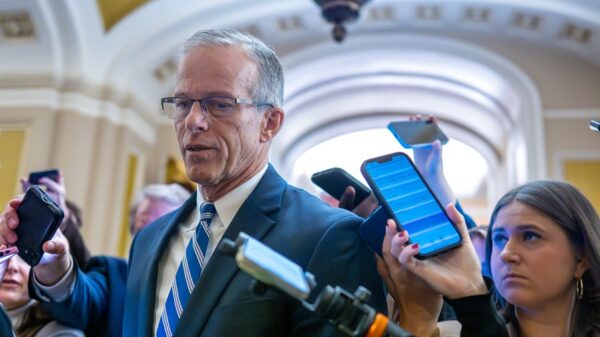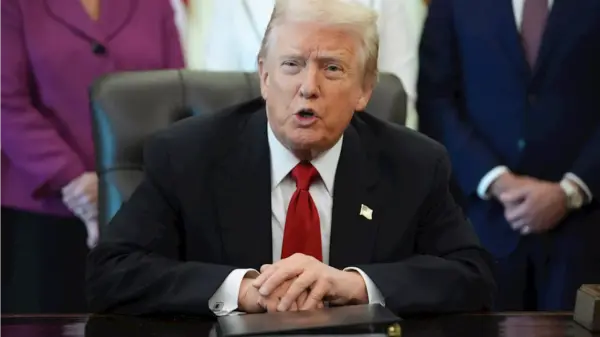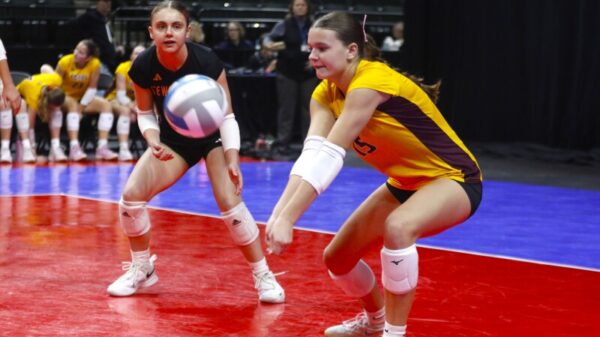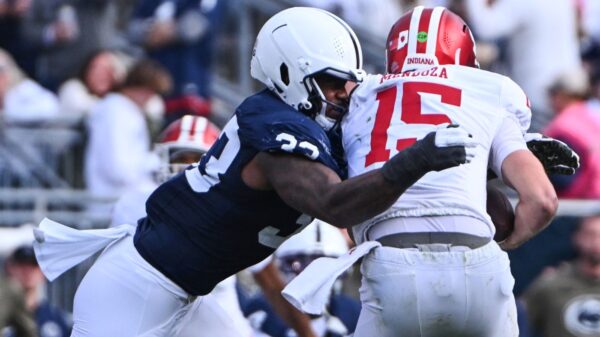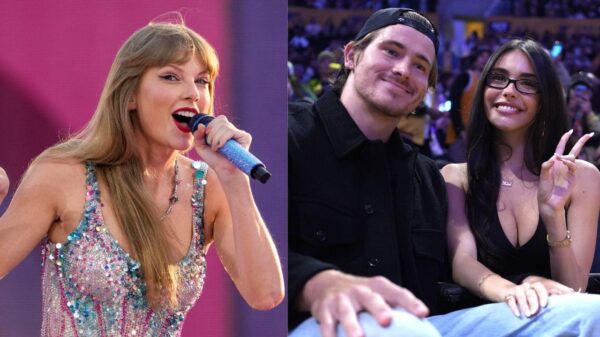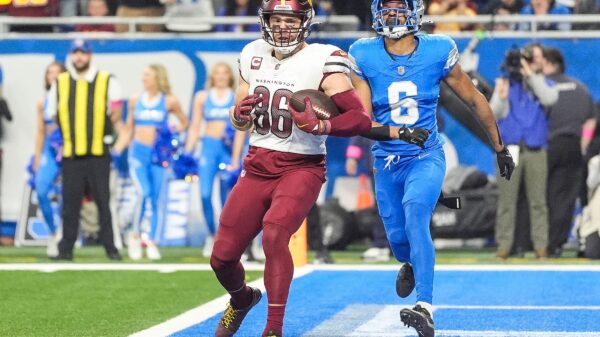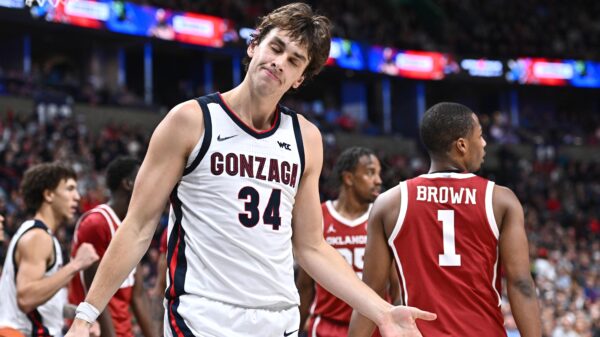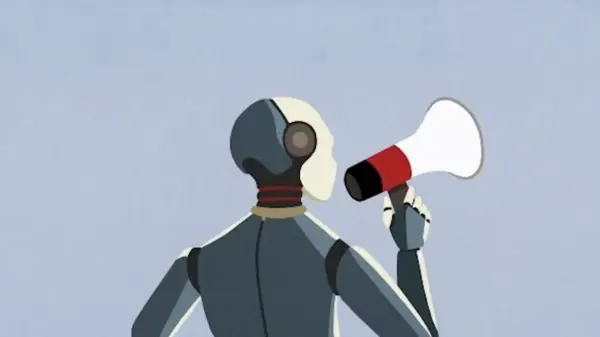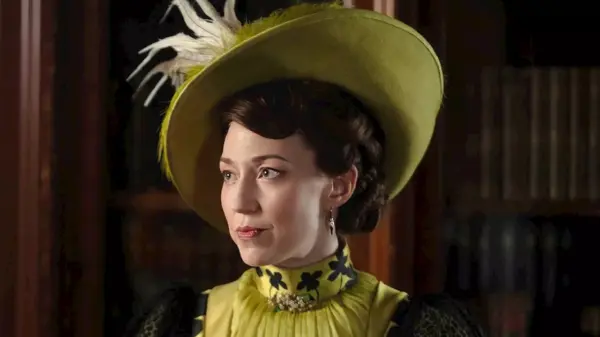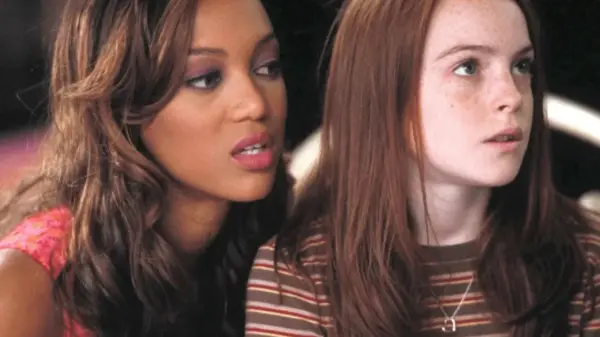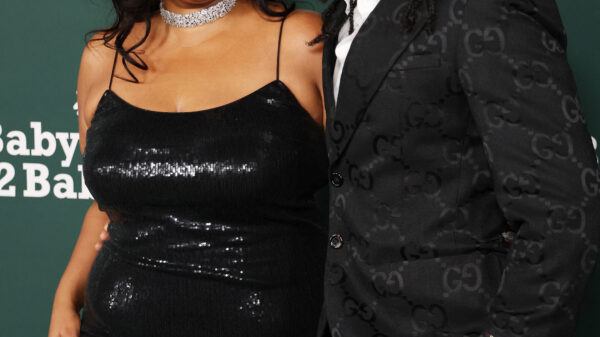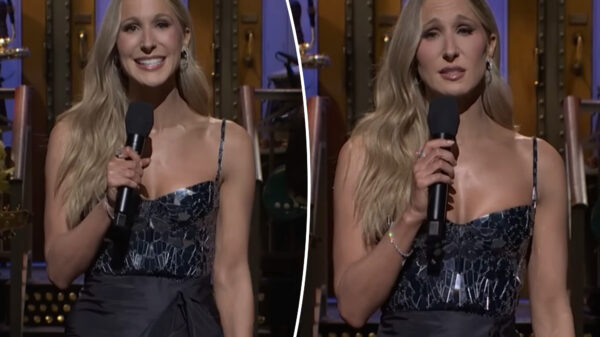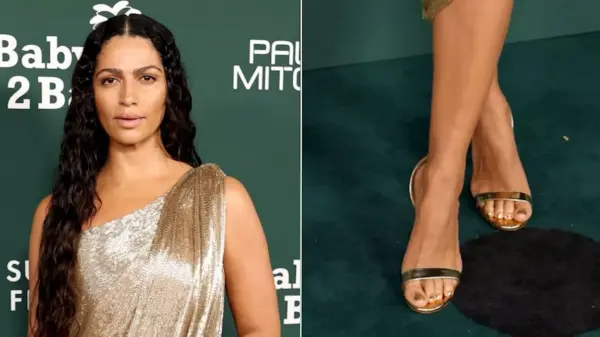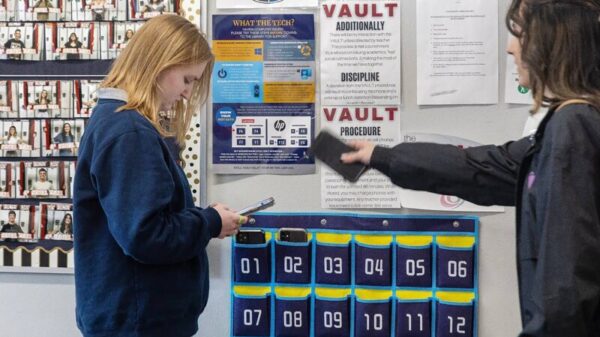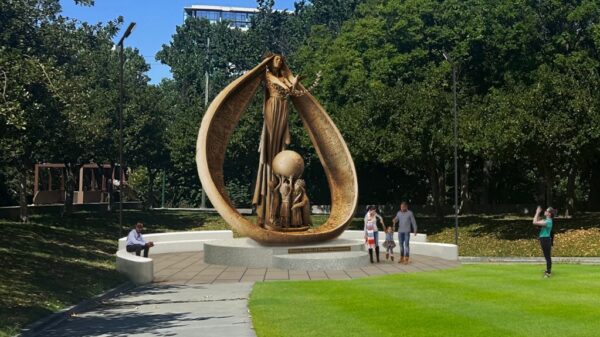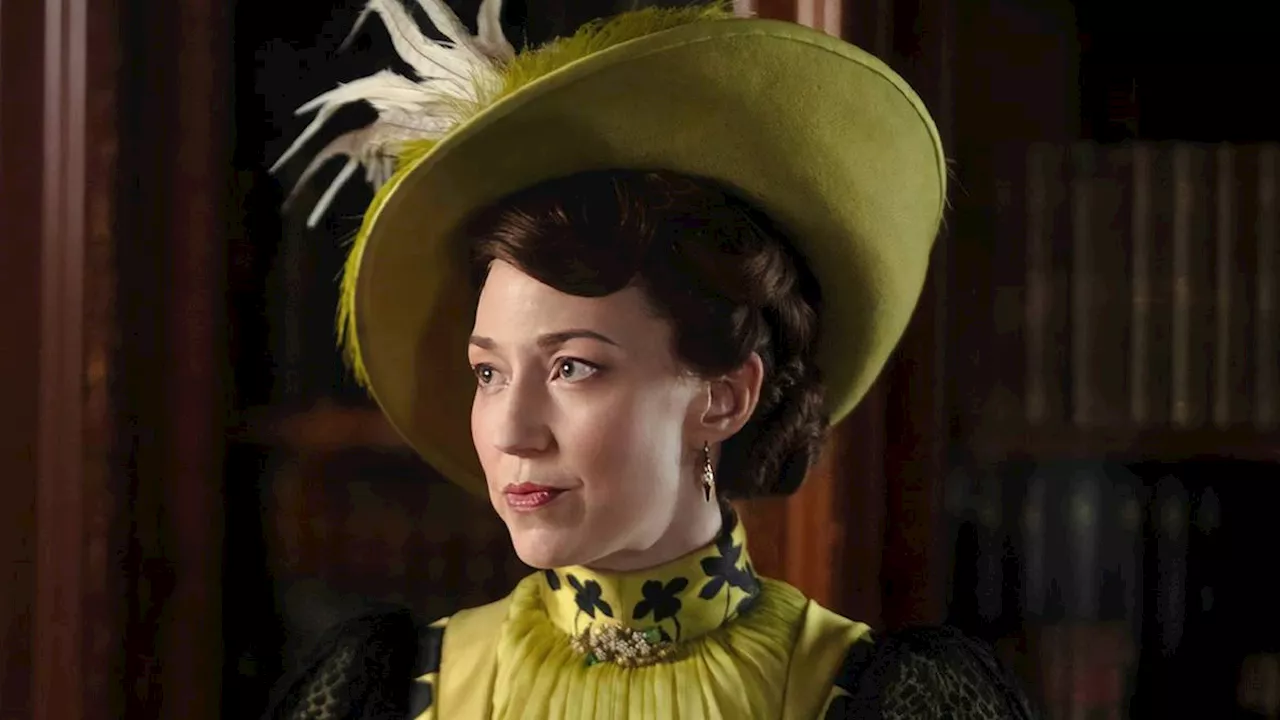Television in 2025 has introduced a host of morally complex characters that captivate audiences. These individuals often navigate the blurred lines between right and wrong, prompting viewers to question traditional notions of morality. From manipulative matriarchs to conflicted anti-heroes, these characters resonate with audiences around the globe, making them unforgettable.
Iconic Characters Challenging Morality
One standout is **Wednesday Addams**, portrayed by **Jenna Ortega** in Netflix’s *Wednesday*. A character entrenched in moral ambiguity, Wednesday embodies a blend of confidence and ruthlessness. Her determination often leads to questionable actions, such as harming those who get in her way. Despite this, Ortega’s nuanced portrayal reveals a depth that invites empathy, particularly in her moments of caring for her brother and friend.
Another noteworthy character is **Georgia Miller** from *Ginny & Georgia*, played by **Brianne Howey**. Georgia’s life is marked by emotional manipulation and questionable decisions, all justified in her mind as necessary for survival. Viewers are left to grapple with the effectiveness of her choices, especially as they impact her children, who are drawn into a cycle of moral ambiguity as well.
**Deborah Vance**, brought to life by **Jean Smart** in *Hacks*, adds another layer of complexity. Initially unlikable due to her harsh treatment of others, Deborah evolves into a character that audiences find hard to resist. Her blend of narcissism and comedic talent creates a compelling figure, challenging viewers to reconcile their feelings toward her actions.
Complexity in Character Development
In *The Gilded Age*, **Carrie Coon** portrays **Bertha Russell**, a woman whose ambition leads her to manipulate those around her. While Bertha appears to act for her family’s benefit, her ruthless pursuit of power raises questions about her true intentions. The tension in her relationships, particularly with her husband and children, underscores the personal cost of her ambition.
**Carl Morck**, depicted by **Matthew Goode** in *Dept. Q*, presents a different kind of moral quandary. As a detective driven by ego and past trauma, Carl’s aggressive pursuit of justice often leads to collateral damage. His internal struggles reveal the darker side of his character, as he grapples with the consequences of his actions.
**Grace Penn**, played by **Allison Janney** in *The Diplomat*, emerges as a pivotal character in the series. Her role as the mastermind behind a tragic event raises ethical dilemmas about the justification of her actions in the pursuit of political goals. The fallout from her decisions poses questions about the morality of leadership and the sacrifices made for power.
**Mark Scout**, portrayed by **Adam Scott** in *Severance*, embodies the conflict between personal and professional identities. The show’s premise, which involves separating an individual’s work self from their personal self, explores the implications of this divide. Mark’s decisions, made in the name of self-preservation, reveal the moral complexities of his circumstances.
Finally, **Dexter Morgan**, a character reimagined in *Dexter: Resurrection* and played by **Michael C. Hall**, represents the epitome of moral ambiguity. As a vigilante who targets criminals, Dexter’s actions challenge viewers to confront their own perceptions of justice and morality. The ongoing evolution of his character in the latest series continues to provoke debate about the nature of right and wrong.
These characters, through their diverse narratives and moral dilemmas, reflect the complexities of human nature. As they navigate their respective worlds, they invite viewers to engage with the intricacies of morality, making them memorable figures in television history.

